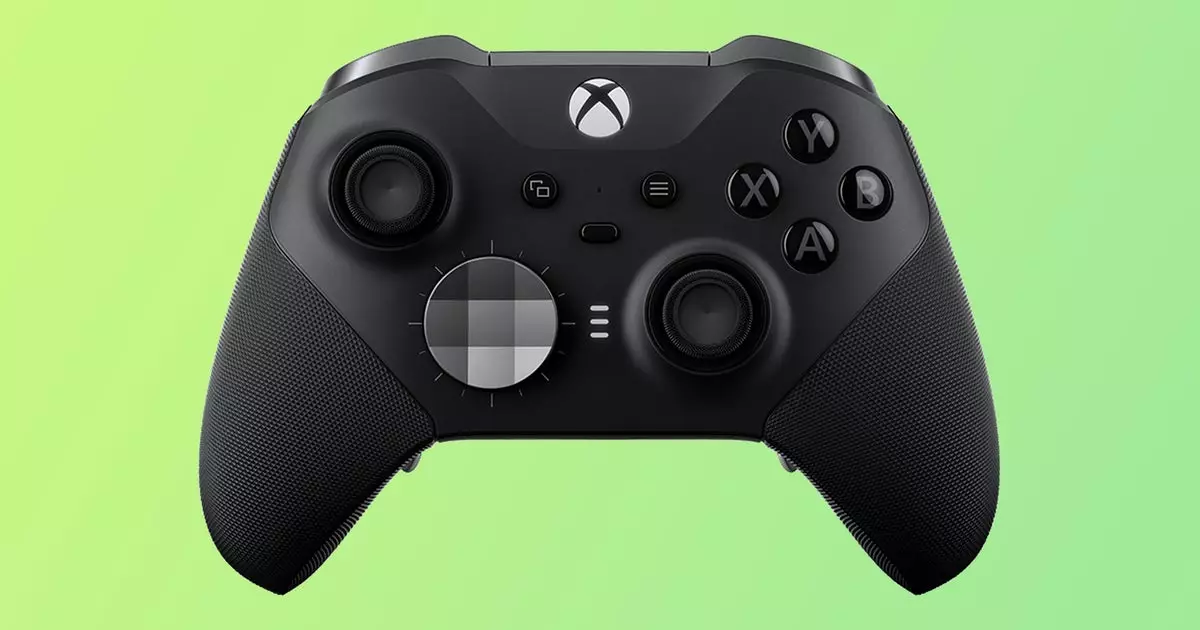In an age where corporations wield immense power and influence, the ethical implications of their business ties have never been more scrutinized. The Boycott, Divestment and Sanctions (BDS) movement is at the forefront of a significant push against Microsoft, urging consumers to cancel their Game Pass subscriptions and distance themselves from the tech giant’s gaming properties. This action comes after alarming reports about Microsoft’s alleged involvement in supporting the Israeli military amid ongoing conflicts in Gaza. The heavy toll of this war—reflected in the staggering loss of life and the humanitarian crises faced by the Palestinian people—has propelled these outcries into the mainstream. While many see gaming merely as entertainment, this situation starkly reveals that consumer choices can empower significant change.
Connecting the Dots: Microsoft and Military Allegations
The allegations against Microsoft are not just surface-level claims; they are anchored in investigative reports that reveal a disturbing relationship between the company and Israel’s defense establishment. Investigative platforms like The Guardian, along with +972 Magazine and Local Call, have brought to light that Microsoft’s Azure cloud technology is purportedly being used in military operations. More specifically, the technology allegedly supports various intelligence activities and the management of civilian populations in contentious regions like the West Bank and Gaza. This revelation shifts the narrative from viewing technology as merely a tool for enhancement and efficiency to recognizing its potential misuse in exacerbating human rights violations.
The staggering figure of $10 million in deals for technical support to the Israeli Defense Forces speaks volumes about the financial commitment Microsoft has made to a military apparatus accused of grave actions against civilians. With their technology purportedly assisting in activities like the identification of potential targets for aerial assaults, Microsoft is positioned at a moral crossroads, interrupted by the question of whether profit should ever supersede humanitarian considerations.
A Community in Action: The Role of Activism
What stands out in this scenario is the powerful role of grassroots activism. Former Microsoft employees Abdo Mohamed and Hossam Nasr have become pivotal figures in this movement. After being dismissed for organizing a vigil to honor fallen Palestinians, they have taken on the mantle of leadership, serving as an inspiration for many. This highlights a critical aspect of activism—the ability of individuals to transcend their circumstances and mobilize community-based responses to corporate policies.
The history of activism against Microsoft’s affiliations with military undertakings is long and intricate. Notably, back in 2020, BDS and allied organizations raised alarms over Microsoft’s investments in AnyVision, a company that developed facial recognition technology used at checkpoints, further entrenching surveillance practices that infringe on civil liberties. Microsoft’s eventual decision to divest from such ventures marks a significant, if reactive, step toward aligning corporate practices with ethical standards.
Choices Matter: The Power of Economic Withdrawal
Consumer behavior can indeed wield extraordinary influence. The BDS movement’s current call to action against Microsoft aims to reshape consumer engagement in the gaming sector, challenging players to reconsider their allegiance to brands like Xbox and franchises such as Minecraft and Call of Duty. By withdrawing financial support from companies with questionable ethical backings, consumers can create economic pressure that invariably forces corporations to reevaluate their relationships.
This call for a boycott extends beyond an aversion to specific products; it emerges as a profound impetus for deeper reflection on which companies we choose to support. As digital entertainment becomes an integral part of our lives, the ethics behind that entertainment should not be dismissed lightly. In unity, players and consumers can amplify a message calling for accountability, demanding that corporations acknowledge their societal responsibilities.
A Transformative Moment for Gaming Culture
The debate surrounding Microsoft’s military ties beckons an important question for the gaming community at large: can we disentangle our love for a medium from its corporate affiliations? Gamers relish immersive experiences and community creation, yet they must also acknowledge how those experiences can be compromised by ethical controversies. This moment could become a transformative chapter that reshapes not only how companies operate but also how players perceive their role in the larger narrative of corporate ethics.
While the notion of boycotting beloved gaming titles may seem daunting, it represents a potent choice—a stand against complicity in actions that undermine fundamental human rights. If anything, this situation exemplifies the deeply interconnected relationship between technology, ethics, and global affairs, urging all of us to critically evaluate whose side we are on in the ongoing quest for justice and accountability.

